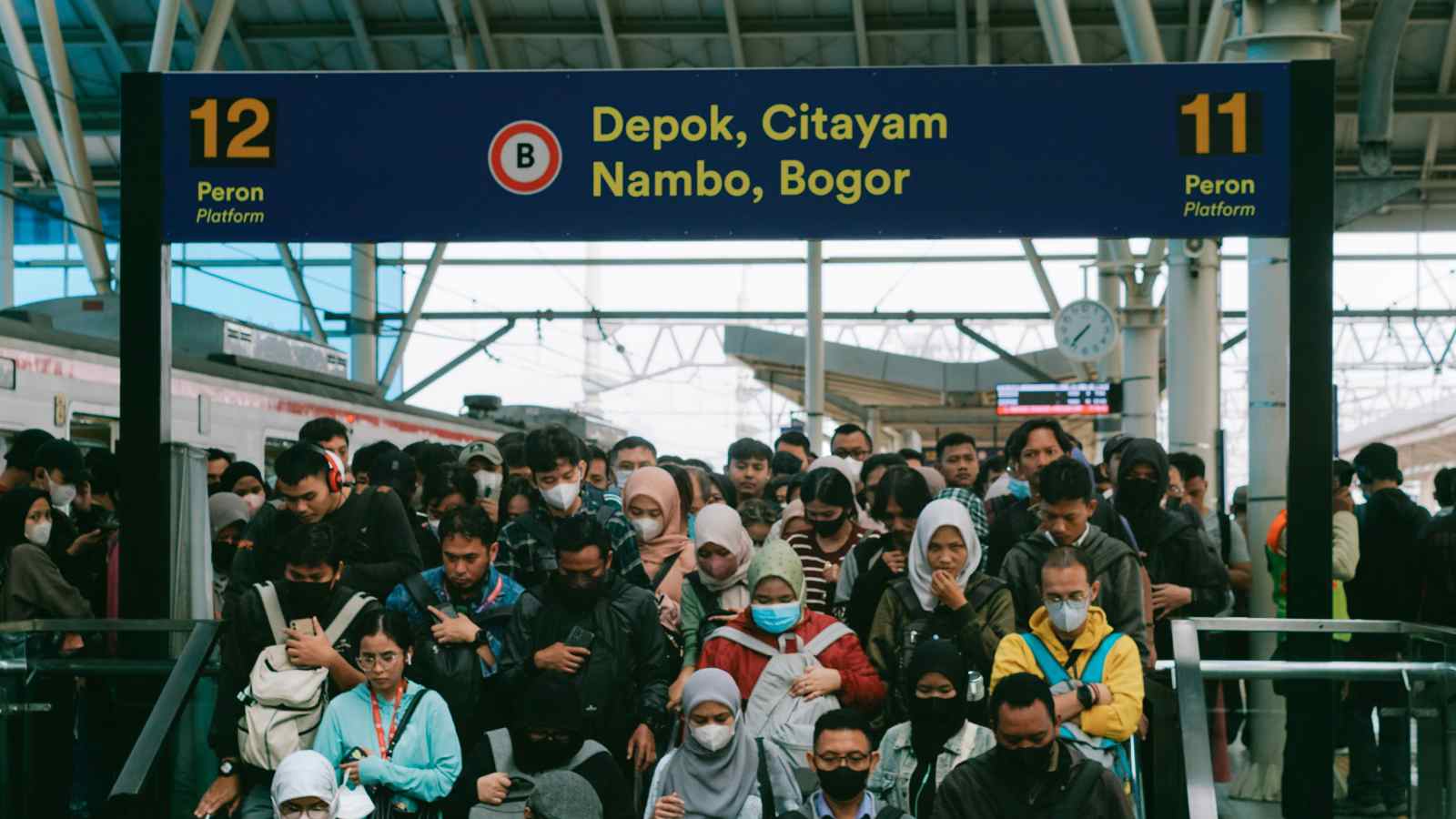Indonesia has launched a new immigration scheme, the Global Citizenship of Indonesia (GCI), offering a form of indefinite permanent residency to people with strong ties to the country while keeping their foreign passports. Announced in November 2025 by the Directorate General of Immigration, the policy is aimed at long-time members of the Indonesian diaspora and families of citizens who have faced years of uncertainty because the law bans most forms of dual citizenship.
Under the GCI scheme, Indonesia does not grant second passports or formal dual nationality. Instead, eligible foreigners receive a status that officials describe as similar to a very strong residency permit, letting them live, work, and build their lives in the country without giving up citizenship elsewhere.

“GCI is a solution addressing the polemic of dual nationality by granting extensive residency rights to foreigners closely connected to Indonesia, without changing their foreign citizenship status and without violating national regulations,” Minister of Immigration and Corrections Agus Andrianto said on 19 November 2025.
What GCI is — and what it is not
- Not dual citizenship: GCI does not confer an Indonesian passport or voting rights. GCI holders remain legally foreign nationals.
- Yes to long-term residency: The status is described by officials as indefinite permanent residency, meaning the right to stay in Indonesia without a fixed end date, provided basic legal conditions continue to be met.
- Purpose: The label “Global Citizenship of Indonesia” is meant to reflect the emotional attachment many former Indonesians and their descendants feel, even though the legal effect is long-term residency.
Background: why GCI was introduced
Indonesia’s nationality law is among the strictest in the region. Key constraints include:
- Adults are not allowed to hold more than one passport.
- Children born to mixed-nationality parents can hold two passports only for a limited period—normally until age 18, or in some cases 21—after which they must choose one nationality.
- These rules have produced difficult choices for families, splitting households and forcing some people to give up Indonesian citizenship to keep jobs, education opportunities, or family unity abroad.
According to analysis by VisaVerge.com, the GCI is intended to act as a bridge: it allows people with Indonesian roots to return, settle, and invest without reopening the political debate on full dual citizenship.
Who is eligible?
Eligibility focuses on people with clear personal or family links to Indonesia. Categories explicitly mentioned include:
- Former Indonesian citizens (who renounced Indonesian nationality)
- Their children and grandchildren (descendants up to the second degree)
- Legal spouses of both current and former Indonesian citizens
- Children born from legal marriages between Indonesians and foreigners
These groups reflect those most affected by past rules and identity debates in Indonesia.
Who is excluded?
The scheme is not open to everyone. Exclusions cited by the government include people:
- From territories that were once part of Indonesia, reflecting sensitivities about historical borders
- Linked to separatist movements
- Associated with foreign intelligence services
- Involved in foreign military service
These exclusions align with national security considerations that commonly inform immigration policy.
Rights and limitations for GCI holders
According to the Directorate General of Immigration, “extensive residency rights” will cover:
- The ability to live in Indonesia
- The ability to work in Indonesia
- The ability to own property
Limitations and clarifications:
- GCI holders will not have voting rights or Indonesian passports.
- They will not be classed as Indonesian citizens.
- In practice, the status should give greater security than ordinary visas but will stop short of full citizenship rights.
Comparison to other models
The GCI broadly mirrors models like India’s Overseas Citizenship of India (OCI), which allows diaspora members to live and work in India without regaining full citizenship. Indonesian officials hope GCI will:
- Strengthen ties with skilled professionals abroad
- Encourage family visits and longer stays
- Bring investment, skills, and business links back to Indonesia
Supporters argue that more time spent in-country by people with Indonesian roots will boost cultural and economic connections.
Policy context and future directions
The GCI rollout comes as the government begins work on broader diaspora rules. Officials have signalled plans for:
- New citizenship policies
- Better coordination among ministries
- Enhanced consular help, business support, and return information for Indonesians overseas
Detailed plans have not yet been released. There are continuing discussions about whether to permit some forms of dual citizenship in the future, but for now politicians present GCI as a cautious compromise that preserves the basic rule of single nationality.
Practical questions and next steps
Many operational details remain unresolved. Outstanding issues include:
- How fees will be set
- Processing times
- How GCI will interact with existing visa categories
- Whether GCI cards will resemble existing residence permits
- What documents applicants must provide to prove former-citizen status or descent
- Training of local authorities at ports of entry and in daily administration
Lawyers and migration advisers welcome the attempt to put longstanding links on a clearer legal footing, but they note many questions await the technical rules.
GCI does not grant passports or voting rights; it’s an indefinite residency with rights to live, work, and own property, but you remain a foreign national. This is a bridge, not a path to citizenship.
Where to find official guidance
The Directorate General of Immigration has not yet published the full technical rules. Officials say guidance will follow through official channels, including the agency’s website at Directorate General of Immigration.
What this could mean for families
For affected families, the promise of indefinite permanent residency under GCI could change life plans:
- Former Indonesians who naturalised elsewhere may be able to retire or base businesses in Indonesia without visa uncertainty.
- Young people who must choose a passport on reaching adulthood may gain a practical path back to daily life in Indonesia even if they retain a foreign passport.
- The status may reduce the risk that family members are split between countries for work or study reasons.
For a state that long defended a strict, single-citizenship approach, GCI marks a cautious shift: it does not change nationality law but opens a wider door to people who, in many cases, have always seen Indonesia as home.
How widely the door is used will depend on the final rules, public trust, and the experiences of the first applicants worldwide.
The Global Citizenship of Indonesia (GCI), announced November 2025, creates an indefinite permanent residency status for former Indonesians, their descendants (up to second degree), legal spouses, and children of legal mixed marriages. GCI preserves single nationality rules: holders keep foreign passports, cannot vote, and will not receive Indonesian passports. Security-related exclusions apply. Officials present GCI as a pragmatic bridge to strengthen diaspora ties, attract investment and skills, and provide legal certainty while detailed technical rules remain pending.













